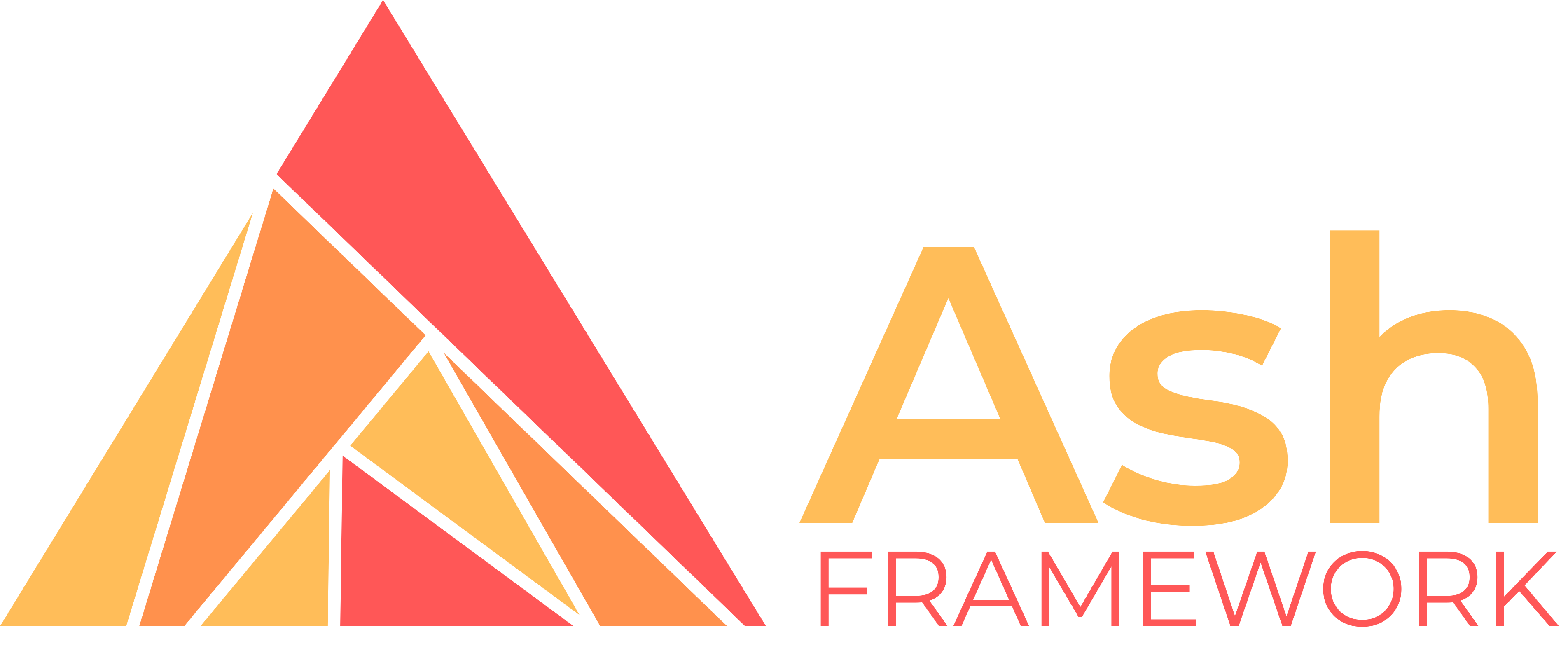Where do I find documentation on `contains()` , for use within an Ash.Query.filter()?
I checked:
1. Ash.Filter: https://ash-hq.org/docs/module/ash/latest/ash-filter
2. Ash.Query: https://ash-hq.org/docs/module/ash/latest/ash-query
2. Ash.Query.filter() (which was not in alphabetical order in the
Where can the documentation for
1. Ash.Filter: https://ash-hq.org/docs/module/ash/latest/ash-filter
2. Ash.Query: https://ash-hq.org/docs/module/ash/latest/ash-query
2. Ash.Query.filter() (which was not in alphabetical order in the
Ash.Query functions list on the right side): https://ash-hq.org/docs/module/ash/latest/ash-query#macro-filter-2Where can the documentation for
contains() be found?
